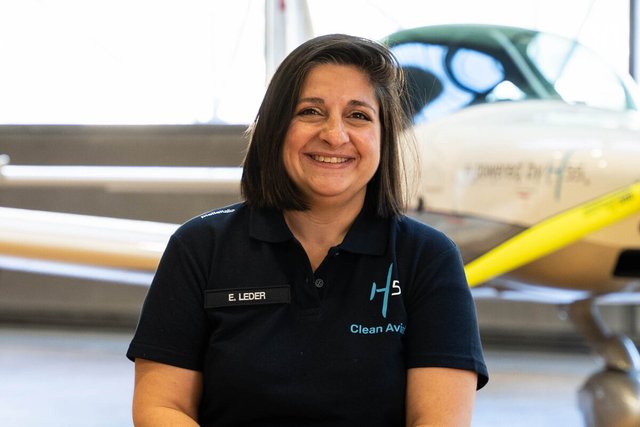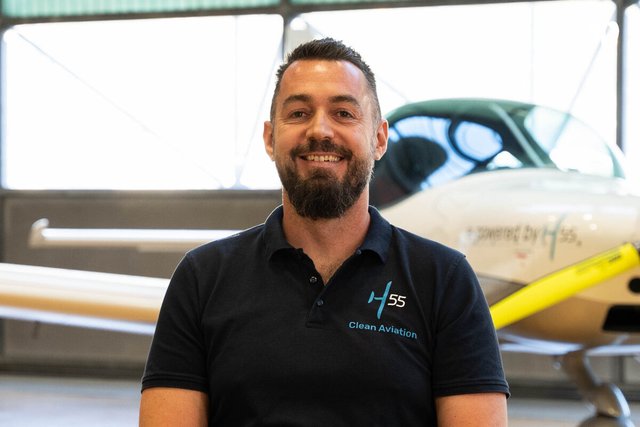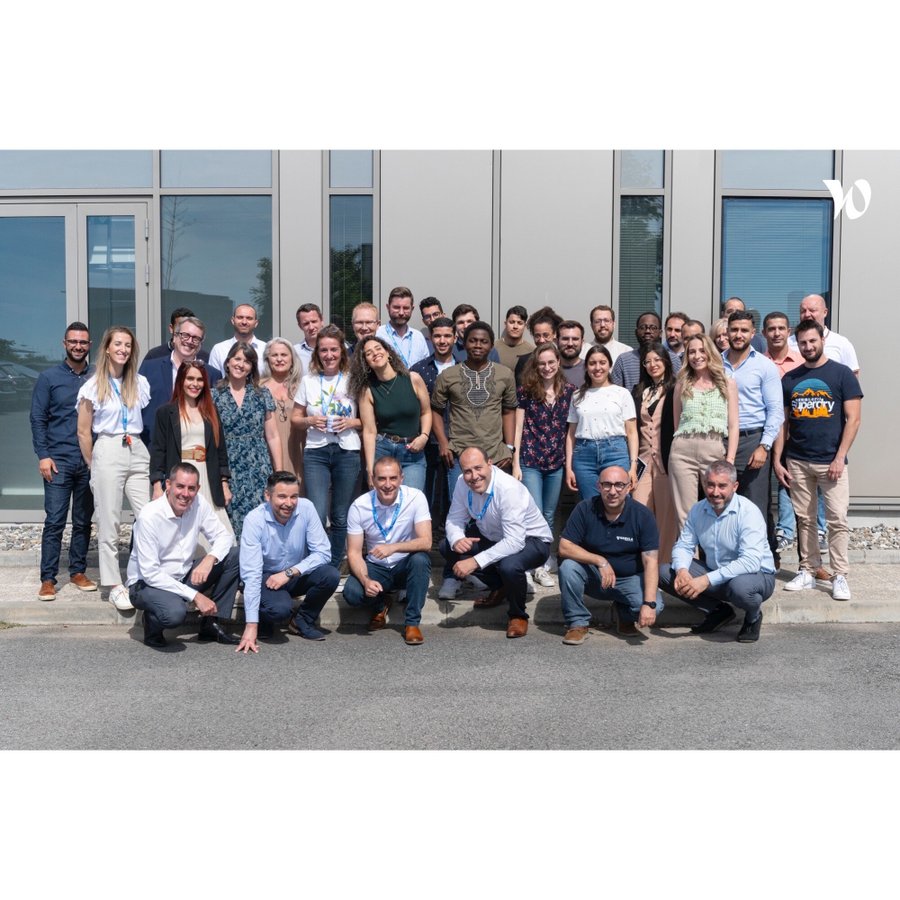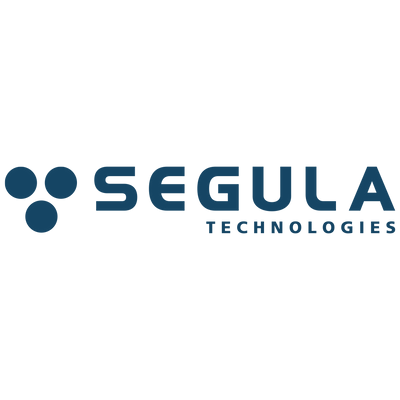Senior Electrical System Engineer (CA)
Le poste
Descriptif du poste
About H-55
As the technological spin-off of Solar Impulse, the first electric airplane to fly around the world, the mission of H55, is to make aviation clean, safe, and affordable.
The company’s strengths and competencies lie in developing propulsion and energy storage solutions which are modular, lightweight, and certifiable.
Having integrated and flown 4 electric airplanes, the Swiss start-up has been selected by Pratt & Whitney Canada to provide the battery pack for its regional hybrid-electric flight demonstrator. This recent announcement is a further illustration of H55’s position as a major enabler in the electric commuter market.
About the Role
Join H55 as an Electrical System Engineer and become part of a pioneering team redefining air transportation. In this role, you will play a critical part in the development and integration of innovative Electric Storage System (EPS) for next-generation aircraft, ensuring compliance with EASA, FAA, and CS-23 safety and certification standards.
Your Key Responsibilities
- System Design and Architecture: Define and update the system architecture, requirements, and interfaces based on upper-level requirements, including certification and safety considerations.
- Compliance and Verification: Provide analysis, test procedures, and compliance evidence for certification standards such as DO-160, DO-254, ARP4754A, and more.
- Aircraft/System Integration: Support aircraft-level integration activities, including creating and updating technical manuals.
- Engineering Deliverables: Prepare and update reports, analyses, and test procedures to meet development and certification requirements under EASA Part 21 and FAA standards.
- Electrical Network Analysis: Analyze the electrical network of cutting-edge propulsion systems to optimize performance and ensure reliability.
- Testing and Validation: Conduct bench, ground, and flight tests of electric propulsion systems to validate performance and compliance.
- Basic Electrical Load Analysis (ELA): Perform ELA to ensure system stability and adherence to certification requirements.
Preferred Profile and Experience
- Bachelor’s degree or higher in Systems Engineering, Aerospace Engineering, Power Electronics, or related fields.
- 5+ years of experience in system-level engineering, particularly in Electrical Storage Systems (ESS) or Power Electronics for safety-critical industries (e.g., aerospace, automotive, rail).
- Familiarity with aviation standards such as DO-160, DO-254, ARP4754A, ARP4761, and DO-178C. Equivalent standards in automotive, medical, or rail industries are also considered.
- Solid understanding of EASA Part 21, CS-23, and other certification principles.
- Experience with safety analyses such as FMEA, SSA, and metrics like MTBF/MTTR.
- Knowledge of EMI/EMC compliance is a plus.
- Hands-on experience with system integration and Verification and Validation (V&V) processes, including HIL, SIL, and flight test environments.
- Familiarity with electronic communication protocols, interface documentation (ICD), and electrical load analysis (ELA).
- Strong technical writing skills, with experience creating test plans, certification artifacts, and technical documentation.
- Target-oriented with strong problem-solving skills and a proactive, innovative approach.
- Well-organized, with excellent time management and multitasking abilities.
- Passion for continuous learning and knowledge sharing within a collaborative team environment.
- Fluent in English (oral and written); proficiency in French is a plus.
Sounds interesting? We look forward to meeting you!
At H55, you will work with a very forward-looking team who are changing the paradigms of air transportation. H55 is composed of highly experienced engineers, entrepreneurs and managers and is seeking like mind talented professionals who understand how to couple creativity and innovation with technical and business considerations.
H55 is an equal opportunity employer and welcomes applications from all qualified individuals regardless of nationality, sex, disability, religion/belief, sexual orientation or age. All aspects of employment including the decision to hire, promote, discipline, or discharge, will be based on competence, performance, and business needs.
À propos de H-55
En tant que spin-off technologique de Solar Impulse, le premier avion électrique à avoir fait le tour du monde, la mission de H55 est de rendre l'aviation propre, sûre et abordable.
Les forces et les compétences de l'entreprise résident dans le développement de solutions de propulsion et de stockage d'énergie qui sont modulaires, légères et certifiables.
Après avoir intégré et fait voler 4 avions électriques, la start-up suisse a été sélectionnée par Pratt & Whitney Canada pour fournir le bloc-batterie de son démonstrateur de vol hybride-électrique régional. Cette annonce récente est une nouvelle illustration de la position de H55 en tant qu'acteur majeur du marché des navettes électriques.
A propos du poste
Rejoignez H55 en tant qu'ingénieur système électrique et intégrez une équipe pionnière qui redéfinit le transport aérien. A ce titre, vous jouerez un rôle essentiel dans le développement et l'intégration d'un système de stockage électrique (EPS) innovant pour les avions de nouvelle génération, en veillant à la conformité avec les normes de sécurité et de certification de l'EASA, de la FAA et du CS-23.
Vos principales responsabilités
- Conception et architecture du système : Définir et mettre à jour l'architecture, les exigences et les interfaces du système sur la base des exigences de niveau supérieur, y compris les considérations relatives à la certification et à la sécurité.
- Conformité et vérification : Fournir des analyses, des procédures de test et des preuves de conformité pour les normes de certification telles que DO-160, DO-254, ARP4754A, etc.
- Intégration des aéronefs/systèmes : Soutenir les activités d'intégration au niveau de l'aéronef, y compris la création et la mise à jour des manuels techniques.
- Produits livrables d'ingénierie : Préparer et mettre à jour des rapports, des analyses et des procédures de test pour répondre aux exigences de développement et de certification conformément à la partie 21 de l'EASA et aux normes de la FAA.
- Analyse du réseau électrique : Analyser le réseau électrique des systèmes de propulsion de pointe afin d'optimiser les performances et de garantir la fiabilité.
- Essais et validation : Effectuer des essais au banc, au sol et en vol des systèmes de propulsion électrique pour valider les performances et la conformité.
- Analyse de la charge électrique de base (ELA) : Effectuer l'analyse de la charge électrique pour garantir la stabilité du système et le respect des exigences de certification.
Profil et expérience souhaités
- Bachelor ou Master en ingénierie des systèmes, en ingénierie aérospatiale, en électronique de puissance ou dans des domaines connexes.
- Plus de 5 ans d'expérience dans l'ingénierie au niveau des systèmes, en particulier dans les systèmes de stockage électrique (ESS) ou l'électronique de puissance pour les industries critiques en matière de sécurité (p. ex. aérospatiale, automobile, ferroviaire).
- Familiarité avec les normes aéronautiques telles que DO-160, DO-254, ARP4754A, ARP4761 et DO-178C. Les normes équivalentes dans les secteurs automobile, médical ou ferroviaire sont également prises en compte.
- Solide compréhension de l'EASA Part 21, du CS-23 et d'autres principes de certification.
- Expérience des analyses de sécurité telles que FMEA, SSA, et des mesures telles que MTBF/MTTR.
- La connaissance de la conformité EMI/EMC est un atout.
- Expérience pratique de l'intégration des systèmes et des processus de vérification et de validation (V&V), y compris les environnements HIL, SIL et les essais en vol.
- Familiarité avec les protocoles de communication électronique, la documentation des interfaces (ICD) et l'analyse de la charge électrique (ELA).
- Solides compétences en rédaction technique, avec une expérience de la création de plans d'essai, d'artefacts de certification et de documentation technique.
État d'esprit
- Orienté vers les objectifs, doté de solides compétences en matière de résolution de problèmes et d'une approche proactive et innovante.
- Bien organisé, avec d'excellentes capacités de gestion du temps et d'exécution de plusieurs tâches à la fois.
- Passion pour l'apprentissage continu et le partage des connaissances dans un environnement d'équipe collaboratif.
- Langues
- Anglais courant (oral et écrit) ; la maîtrise du français est un atout.
Vous êtes intéressé(e) ? Nous avons hâte de vous rencontrer !
Chez H55, vous travaillerez avec une équipe tournée vers l'avenir qui modifie les paradigmes du transport aérien. H55 est composé d'ingénieurs, d'entrepreneurs et de managers très expérimentés et recherche des professionnels talentueux qui savent allier créativité et innovation à des considérations techniques et commerciales.
H55 est un employeur qui souscrit au principe de l'égalité des chances et accueille les candidatures de toutes les personnes qualifiées, quels que soient leur nationalité, leur sexe, leur handicap, leur religion/conviction, leur orientation sexuelle ou leur âge. Tous les aspects de l'emploi, y compris la décision d'embaucher, de promouvoir, de discipliner ou de licencier, seront fondés sur les compétences, les performances et les besoins de l'entreprise.
Envie d’en savoir plus ?

Rencontrez Estelle, Program Chief Engineer System

Rencontrez Sasa, Aircraft Technician
D’autres offres vous correspondent !
Ces entreprises recrutent aussi au poste de “Hardware Engineering”.




